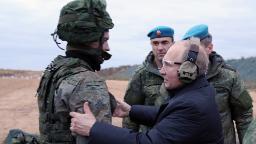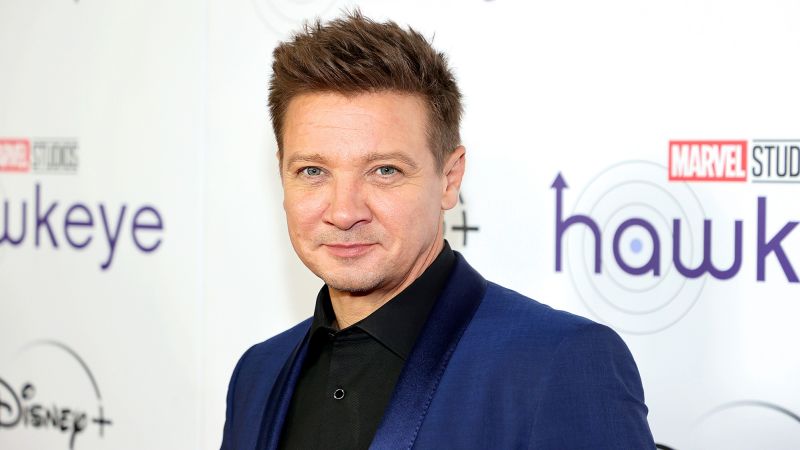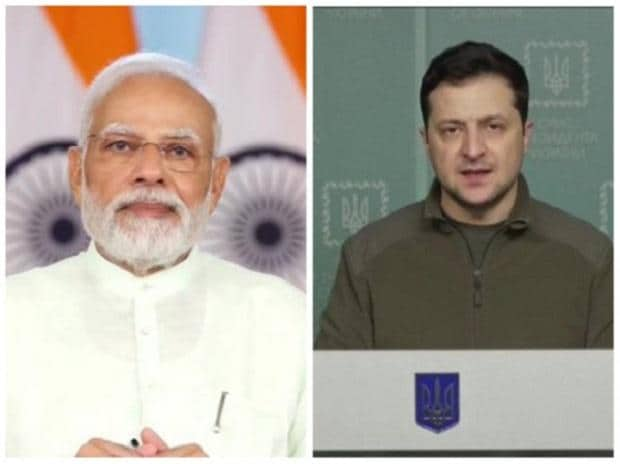
Poland is considering building “fortifications” along its border with the Russian exclave of Kaliningrad, Krzysztof Sobolewski, general secretary of Poland’s ruling Law and Justice party (PiS), said during a radio interview Tuesday.
“We will have to strengthen our forces on this section of the border [with Kaliningrad]. Also, we will think about perhaps building additional border fortifications similar to those currently in place along the Polish-Belarusian section of the border,” Sobolewski told public-service broadcaster Polskie Radio, when asked about the possibility of Russia sending “refugees from Asia and Africa” to Poland via Kaliningrad.
Sandwiched between Poland and Lithuania, Kaliningrad is a Russian exclave that was captured by Soviet troops from Nazi Germany in 1945 and become Soviet territory as a result of the Potsdam Agreement.
It is Russia’s westernmost territory, and the only part of the country surrounded by EU states.
In September, Russian state media TASS reported that Kaliningrad was adopting an “open skies” policy, to “expand the geography of flights from the region and attract new air carriers” from the Middle East and Asia, prompting PiS politicians to revert to nationalist talking points about Moscow potentially using migrants as a tool for “hybrid warfare.”
Poland’s previous migrant crises: In 2021, Warsaw declared a state of emergency after tens of thousands of migrants tried to use the Bruzgi-Kuznica border crossing to travel from Belarus into Poland.
The migrants – most of whom were from the Middle East and Asia – were stranded on the Belarusian side of the border for weeks, where they endured bitter weather and a lack of food and medical attention.
Western leaders accused President Alexander Lukashenko’s regime of manufacturing the migrant crisis on the EU’s eastern frontier as retribution for sanctions over human rights abuses.
Minsk repeatedly denied the claims, instead blaming the West for the crossings and accusing it of poor treatment of migrants. Russia – which is Belarus’ largest political and economic partner – defended President Lukashenko’s handling of the border crisis at the time, while also denying any involvement.
Laura Smith Spark, Antonia Mortensen and Anna Chernova contributed reporting.
Note:- (Not all news on the site expresses the point of view of the site, but we transmit this news automatically and translate it through programmatic technology on the site and not from a human editor. The content is auto-generated from a syndicated feed.))



